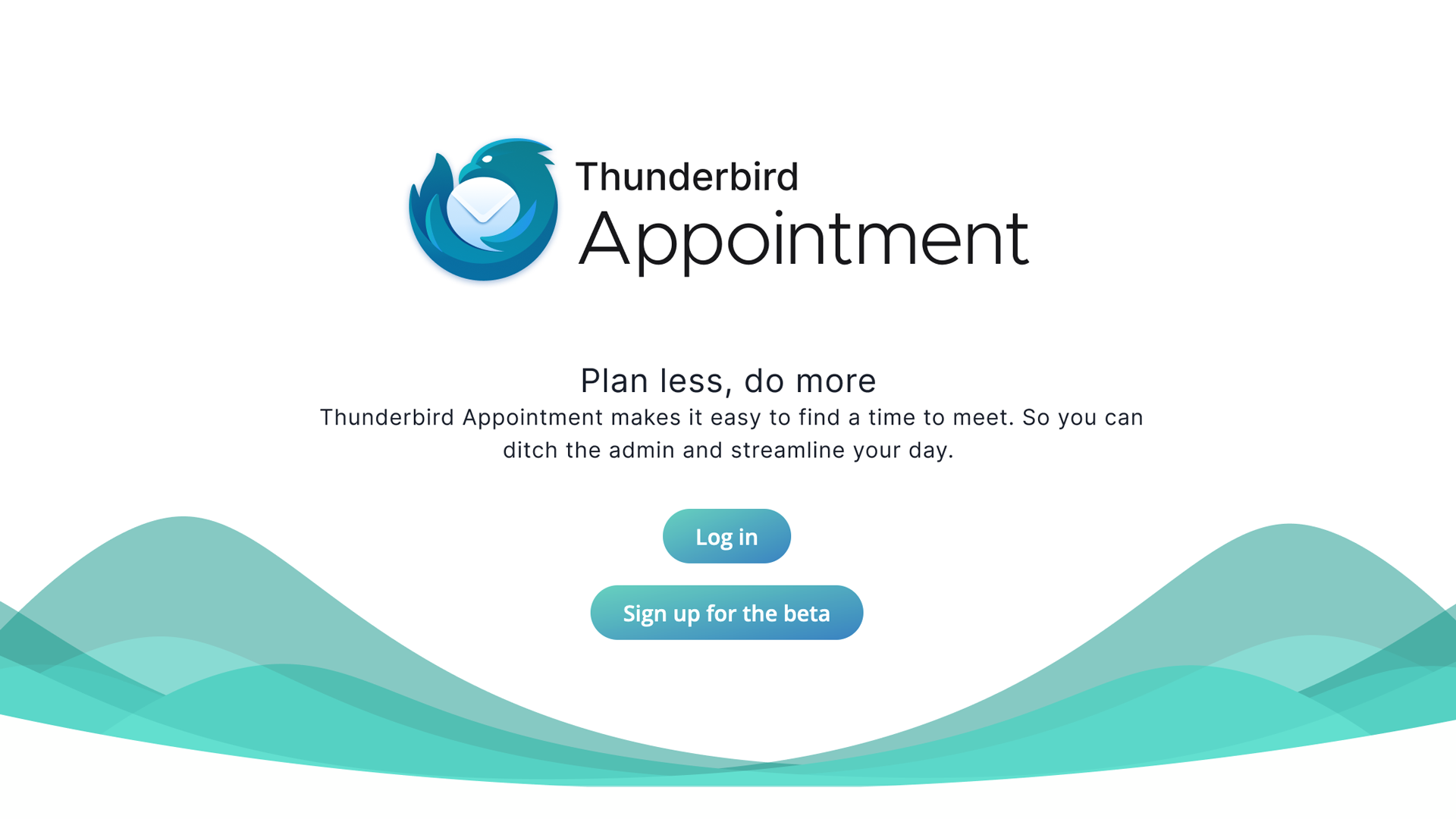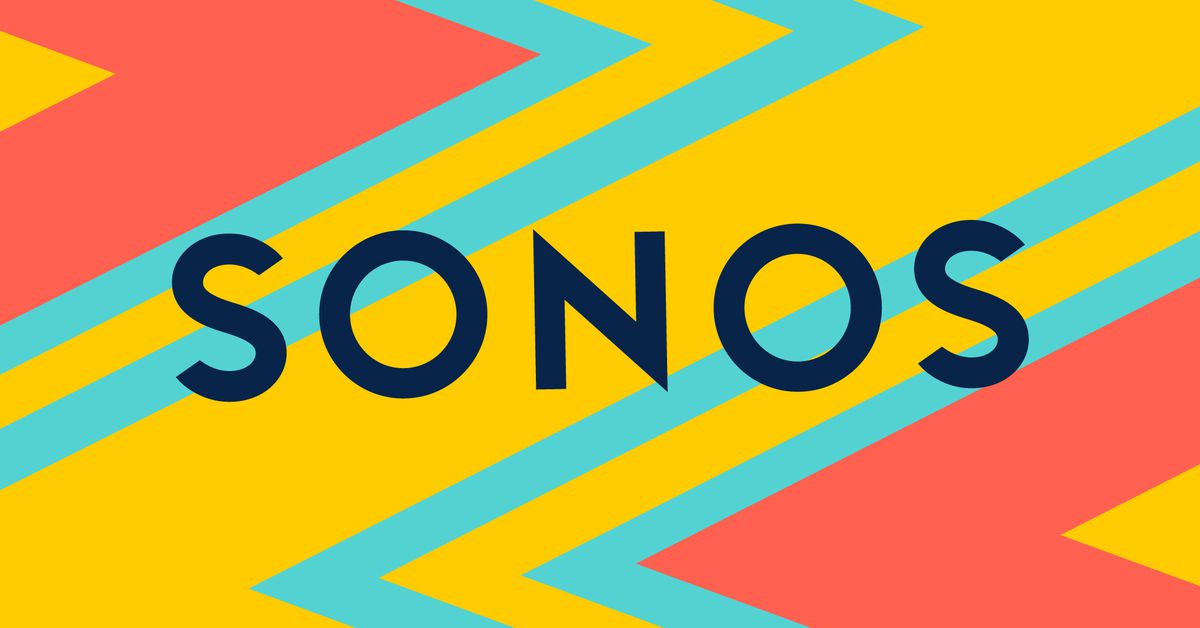Hoping to see better support for Linux. The Fairphone team collaborated on the Ubuntu Touch port for the Fairphone 4, but didn't do the same for the Fairphone 5. It would be great to see VoLTE on Linux on the Fairphone 6.
- Posts
- 3
- Comments
- 62
- Joined
- 2 yr. ago
- Posts
- 3
- Comments
- 62
- Joined
- 2 yr. ago
- JumpDeleted
Permanently Deleted
- JumpDeleted
Permanently Deleted
Privacy @lemmy.world Plan Less, Do More: Introducing Appointment By Thunderbird
Opensource @programming.dev Plan Less, Do More: Introducing Appointment By Thunderbird
Privacy @lemmy.world Sonos draws more customer anger — this time for its privacy policy





OnlyOffice recently added a top-notch PDF editor which I believe is the most fully-featured FOSS alternative to Adobe Acrobat right now. It's available on Flathub.